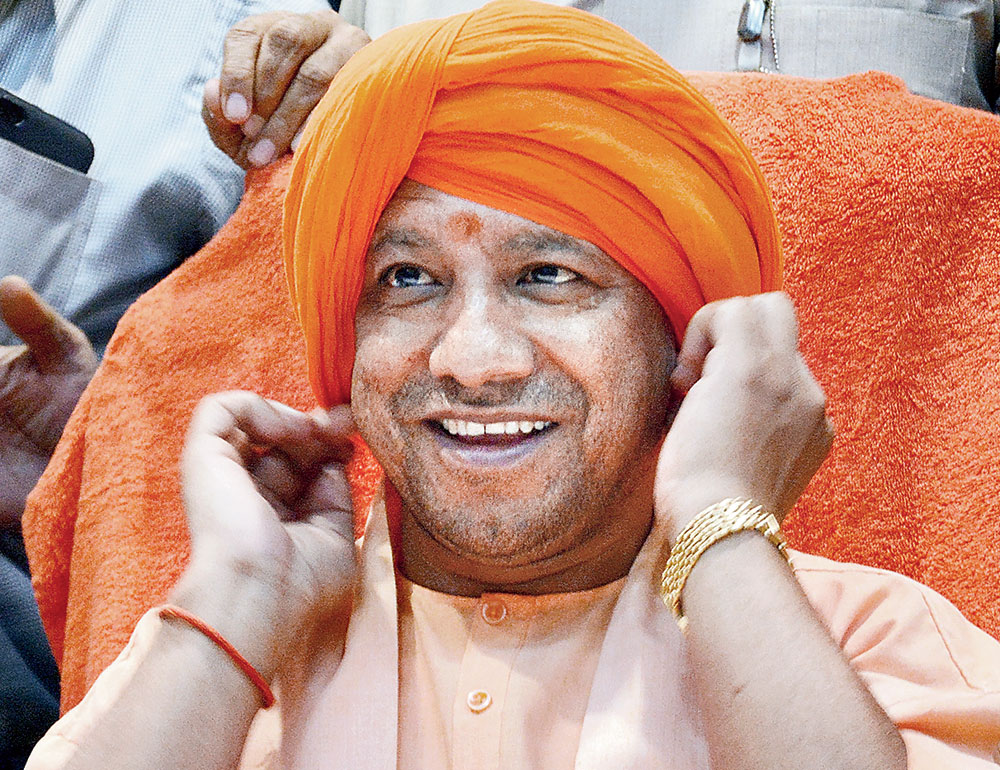A constitutional body headed by a BJP parliamentarian has asked the government to argue in court that removing the minority status of Aligarh Muslim University would benefit the Scheduled Castes.
The suggestion came in a letter to the higher education department early this month from Pritam Singh, secretary to the National Commission for Scheduled Castes, headed by MP Ram Shankar Katheria.
A dispute over AMU’s minority status is before the apex court, where a scheduled hearing failed to take place on January 22. The UPA government supported the university’s minority status but the NDA government is against it.
Currently, functioning as a minority institution, AMU does not have to implement caste quotas but removal of the status will force it to. Two of its teachers said the commission was invoking Dalit interests for “political reasons” ahead of the general election.
But the HRD ministry has written to the commission saying it does not need to bring in the quota angle since the 1967 apex court judgment on which it has based its stand is strong enough.
The Muhammadan Ango-Oriental College, which philanthropist Syed Ahmed Khan founded in 1875 mainly to promote Muslim education, became AMU in 1920 through an act of legislature, whose preamble said it had been passed to establish the university.
It did not say AMU was a minority institution but some of its provisions, such as compulsory religious teaching and a Muslims-only court (its highest decision-making body), indicated its minority character. After the Constitution was adopted, the act was amended to make religious teaching optional and revoke the university court’s all-Muslim membership rule.
In 1967, on a petition from Azeez Basha, the apex court held that since the university was set up by an act rather than by Muslims, it’s not a minority institution.
In 1981, the Indira Gandhi government amended the act, deleting “established” from the preamble and adding that an institution established by Muslims had later been incorporated as AMU. Allahabad High Court quashed the amendment in 2006, prompting an appeal to the apex court.












